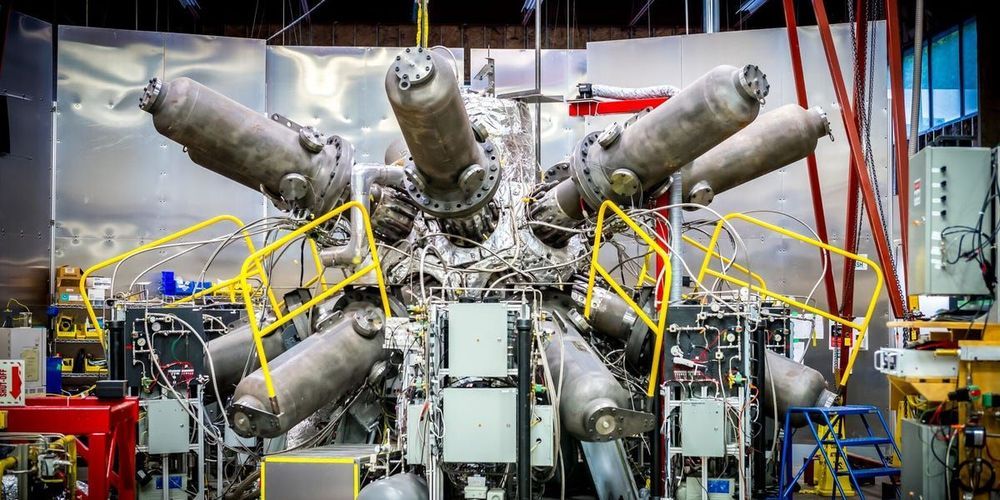Get the latest international news and world events from around the world.

Ending Age-Related Diseases: 2020
We will be returning in 2020 to host our third conference in New York City and brings together the leading experts in aging research and biotech business and investment. Building on the success of our 2018 and 2019 conferences we will continue to bring you the latest research, business, and investment talks from some of the top leaders in their fields.
We will be releasing more information about the conference in the coming months as we confirm speakers, venue, and dates. If you would like to stay informed about developments and ticket offers you may wish to sign up for the conference mailing list below.

To Prevent Deadly Infections, F.D.A
Approves the First Disposable Scope - via The New York Times #perpetuallife
https://www.nytimes.com/2019/12/13/health/disposable-duodeno…tions.html
Reusable duodenoscopes infected patients in a series of notorious outbreaks. Now there s a disposable model to be used just once.

Intel’s latest acquisition is a $2 billion push into AI
Intel just spent approximately $2 billion to acquire Israel-based AI firm Habana Labs. The partnership will “turbo-charge” Intel’s AI offerings for data centers, Intel said in a press release.


Android 10 rolling out to Samsung Galaxy S10 series (Update: US, Canada, and more)
Samsung has been testing Android 10 on its Galaxy S10 series extensively, with one beta update chasing the other over the last few weeks. The company is apparently finally satisfied with the software, as it has just started rolling out the stable release with version 2.0 of One UI in tow. It looks like it’s only coming to some people in Germany, but it can’t take too long until it arrives at more customers.
‘Cosmos’ with Neil deGrasse Tyson returns in March 2020
National Geographic has announced that the much eagerly awaited science and space series ‘Cosmos’ will premiere in its network March 9th, 2020 with Neil DeGrasse Tyson reprising the role of the presenter, a series which has already seen huge success with its earlier versions.

